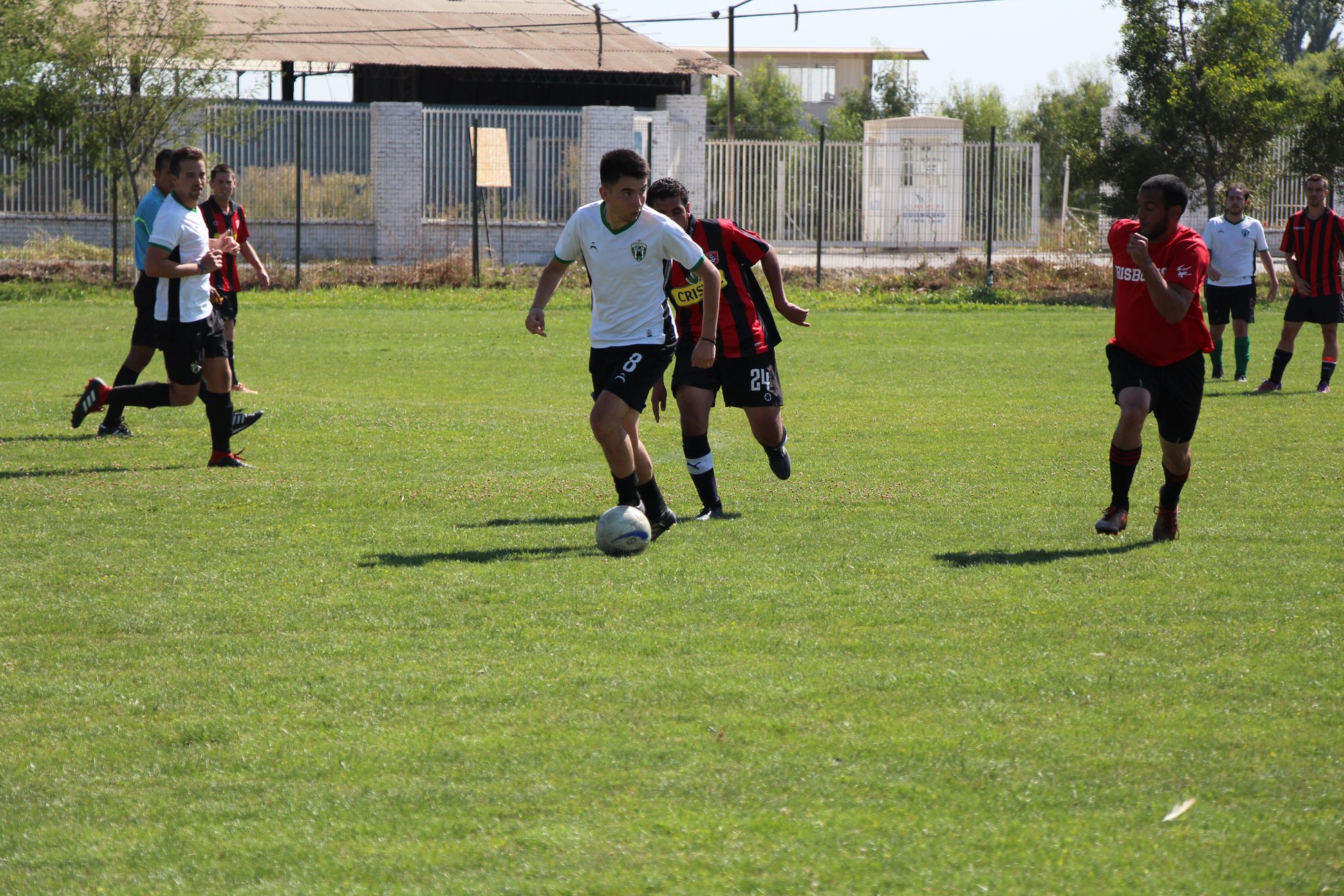Football clubs like Barcelona, Real Madrid or Bayern Munich are popular all over the world. Perhaps less known is the fact that they are co-operative football clubs, owned and managed by their supporters.
In Chile a group of amateur football clubs is using a similar model to create a self-managed co-operative league to play the game they love.
So far, the Co-operative Football League (LICOOF) has 30 teams of junior and adult amateur players, including female footballers.
The project started in 2017 when six Santiago-based clubs with more than 10 years of experience in amateur leagues got together to rethink their participation in weekend games.
The leagues they were playing in were being managed by private enterprises in exchange for an annual fee.
“We kept changing leagues looking for the best service and we would always be given spaces that had deficiencies and did not meet our requirements,” says Eduardo Partarrieu Bravo, president of the co-op.
“After reading about practices that had been used in Chile in the past, we came across the concept of co-operative football leagues organised by clubs themselves, which would create spaces for meetings, collaboration and growth for all of these clubs, who are also able to have their own complexes.”
He says the initiative is an attempt to go back to the roots of football – self-managed leagues. In recent years, the approach had shifted from benefiting these clubs to commercialising the spaces and boosting profits for the enterprises managing the league.
Related: Co-operative club Real Madrid is chasing another Champions League trophy
“So we thought – why not try something different?” says Mr Partarrieu Bravo. “We brought together a group of leaders from different clubs to establish common agreements and see what was the best way to develop a co-operative project that would allow us to create a league for the clubs, managed by them, where we would be members, not customers.”

He thinks the co-operative model is the perfect fit for the project. “We aim to create a common meeting space, where participation, collaboration and transparency in managing economic resources are always present.”
The clubs hope that pooling resources, knowledge and experience will help them create a model that can be replicated in other sports – not just at amateur level, but also by professional clubs.
“We see football as a social, sporting and cultural phenomenon and we would like the league to have all of these characteristics,” he says.
How is LICOOF managed?
Clubs members contribute the same sum they used to pay to the private companies – but now the money is used to grow the league. Because the co-op does not aim to maximise profits, surpluses are reinvested to improve facilities and services offered to members. The long-term goal is to secure a sports complex and develop football academies for young people.
“The dream of having our own home can be fulfilled by combining our resources and knowledge,” says Mr Partarrieu Bravo.
The league is open to all amateur clubs and it will officially open in March.
“In Chile and especially in Santiago there are fewer and fewer spaces to play football on grass pitches, and we believe that an important task of LICOOF is to reverse this phenomenon by developing a complex of its own that would allow us not to waste resources in leasing a space to get together to play football and share this passion with our families,” adds Mr Partarrieu Bravo.
“On the other hand, we think it would be interesting if this initiative grew, which would promote the model to other clubs and sport bodies as well as support the development of co-operatives in sports and, why not, in other sectors, such as housing, healthcare, education and social security. We would love to see many more co-operative football leagues.”
For now, the project is being funded simply through members’ contributions, but the co-op would welcome grants from the state. In addition to running the league, it will also organise conferences, workshops and other social events, which will bring in extra revenues.
The start of a football revolution?
Mr Partarrieu Bravo thinks the model is an alternative to the excessive commercialisation that football has been witnessing over the past couple of years, both at amateur and professional level.
“The practice of co-operation is not a new concept and we believe it must be recovered, promoted and supported. Many people think that co-operation is impossible and that the human being is individualistic by nature,” he says.
“We do not think this is true, we firmly believe that mutual collaboration is a constant feature of human beings and that through this initiative we can generate a new, more sustainable way of living not only in football, but also in other spheres of life. We believe that such projects are example that another world is possible and we will be developing ours step-by-step with confidence.”
Chile’s co-operative football league is not the first in the world. Uruguay also has a co-operatively managed football league for senior football players. Set up in 2014, the league involves male athletes over 35.

